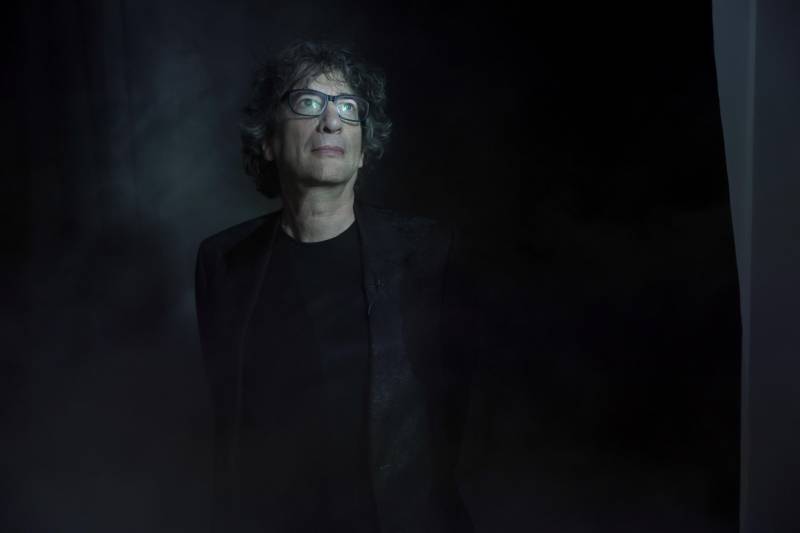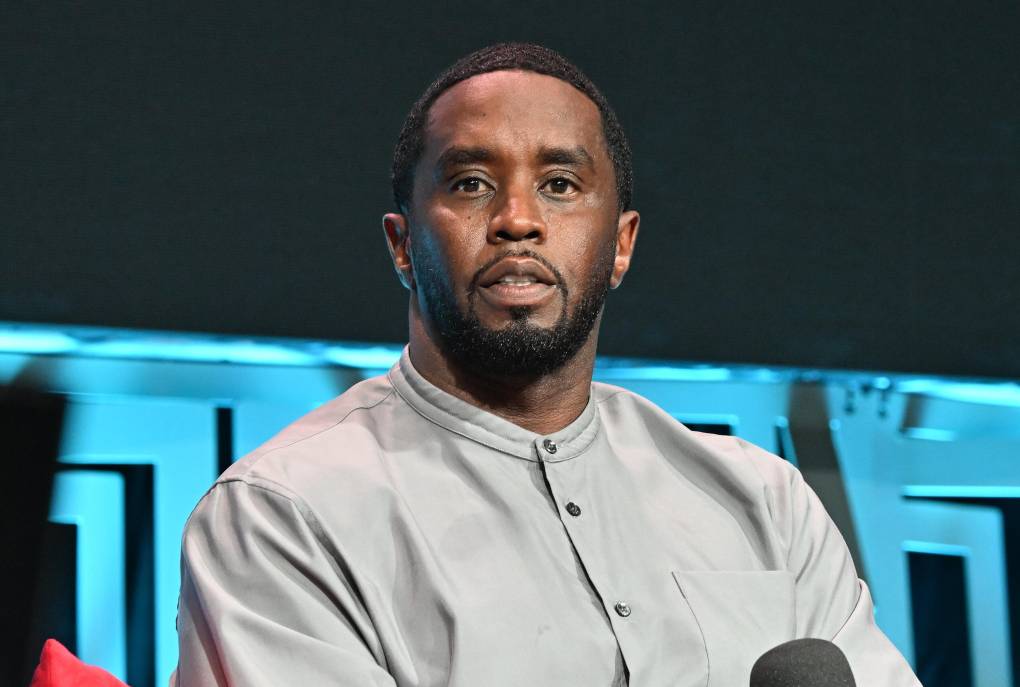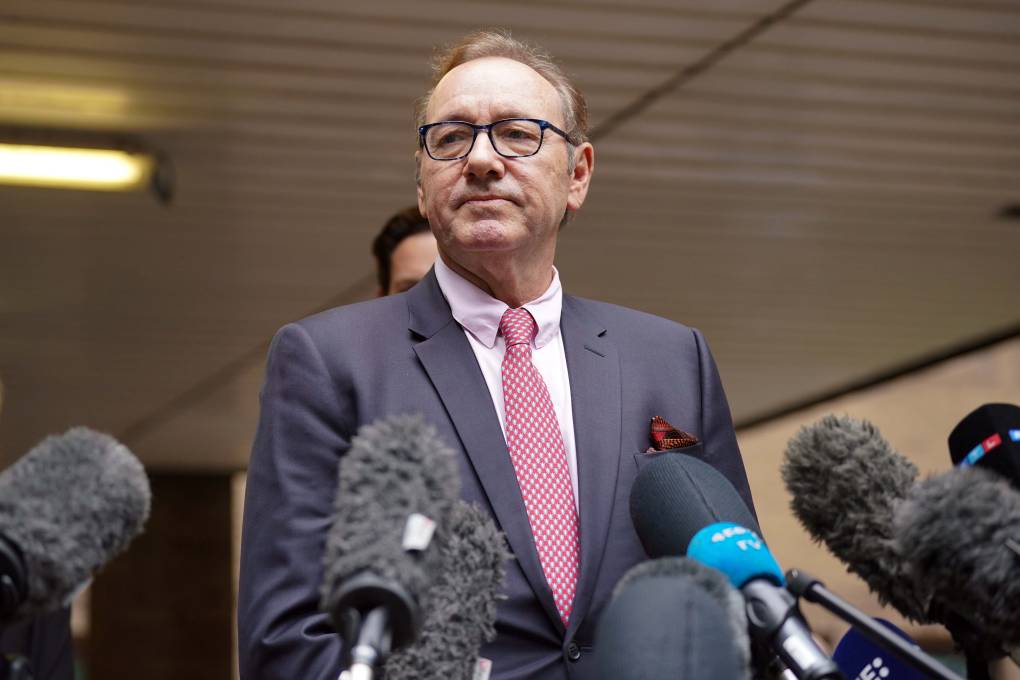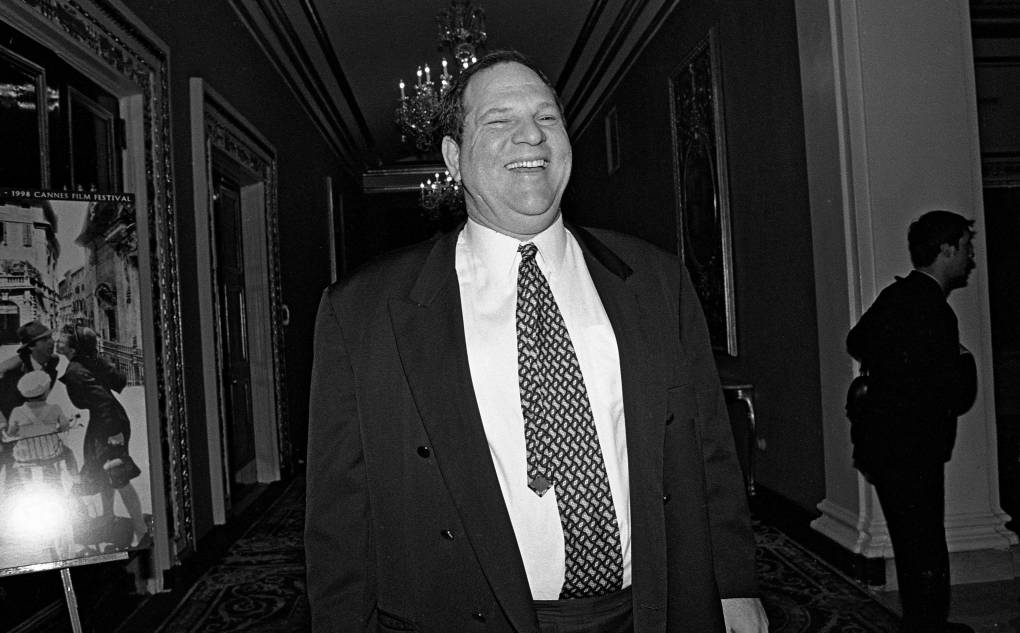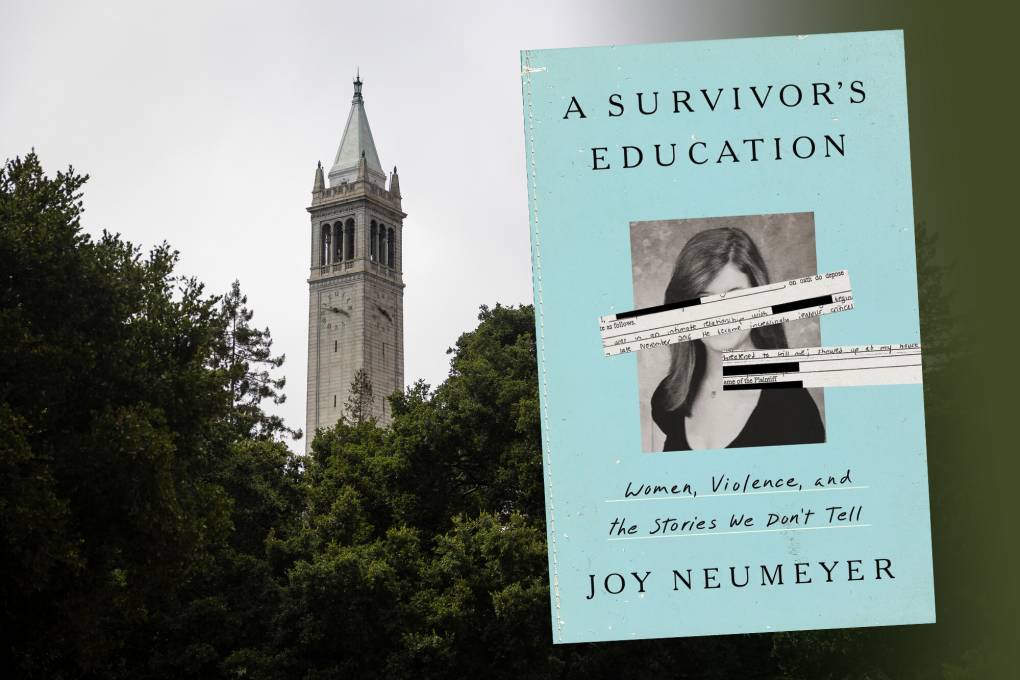Take Gaiman. I have written and podcasted extensively on how Gaiman’s The Sandman unlocked something in me — a love of big swing storytelling, of grand mythic themes and characters grounded in the everyday, of locating magic in the mundane. Should I ever go back and pull those graphic novels down from the shelf, I will remember my younger self marveling at how a series that began as a grisly little horror comic — one so indebted to the works of Stephen King that it felt usurious — could transform into an epic tale that used anthropomorphic representations of abstract concepts like Dream, Death and Desire to grapple with all-too human issues of family, alienation, guilt and duty. The act of reading it was like witnessing an artist shaking off his adolescent influences and finding his own, quietly assured voice.
That will never change. But with my understanding of the allegations so far, my giving him or his future work thought and attention — and, crucially, money — will change. It will end. A second season of Netflix’s adaptation of The Sandman appears to be on the way, and I loved pretty much everything about the first. But I will be stepping away.
It’s an arbitrary distinction, I admit. But choosing the moment I learned of the allegations against Gaiman as the dividing line between engaging with him and not is, importantly, a choice. It feels declarative, in a small way. The very tiniest of flags, firmly planted.
I did the same thing with J.K. Rowling. Now, I was never as deeply connected to her work as I was with Gaiman’s, but once she took to Twitter to launch into her weirdly spirited campaign against the idea that trans women are women, I decided she didn’t need my support, going forward. The Hogwarts Legacy game sure looks fun, from the clips I see on TikTok. And I’d idly wondered if a trip to the Harry Potter theme park to score myself a wand might be worthwhile. But engaging with those properties could mean putting even more money into her pocket and represent an explicit affirmation of her rancorous positions. And for me, forgoing a game or a ride or a wand-choosing-the-wizard experience simply doesn’t amount to anything like a sacrifice; it’s almost literally the least I can do.
Alice Munro’s work excavated the human soul in ways that made me want to be a writer. I was chilled when her daughter wrote that she had been sexually abused by Munro’s second husband and that the author had done nothing about it. How could such an insightful, searching and consummately truthful writer seemingly spend her daily life lying to herself? To her own daughter?
The Munro situation is different, of course — she died before these allegations came out, so there’s no future work of hers for me to avoid — but they will forever color every word she’s ever written.
